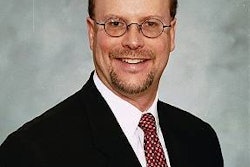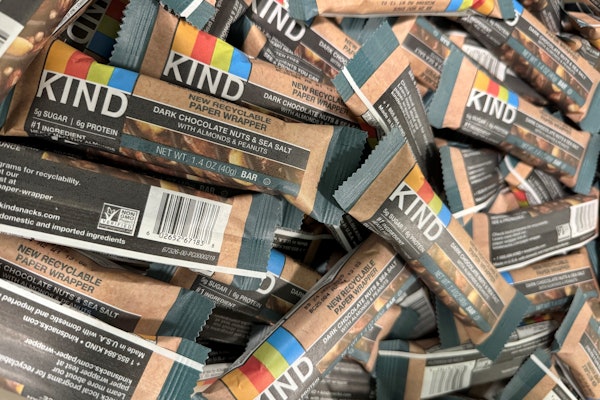And when you live in an agricultural area as I do, you also learn how important water is to the local crops and the livelihoods of the farmers who tend them. And let’s not forget how important water is for industry, too.
That’s brought home for many of us, especially in Wisconsin, upon news of the death of Gaylord Nelson, a former Wisconsin governor and U.S. senator who was the founder of Earth Day. But more than that, he was a true environmentalist and personal hero, who early on recognized how much a part of our way of life was dependent upon clean air and water.
Although Nelson will probably be remembered primarily for Earth Day, his legacy is much broader. Before he became a U.S. senator, Nelson served as Wisconsin governor from 1958 to 1963. While in Madison, Nelson was responsible for the Outdoor Recreation Act, which increased public lands, purchased scenic easements, and launched environmental planning. He also made permanent the Forest Crop Law, and expanded its scope to help fish and wildlife protection without threatening the timber industry.
When he was elected senator he carried these same beliefs to Washington, inspiring presidents to use their resources to preserve habitat, natural resources, and fragile lands. He also wrote the bill that eventually banned DDT use, and he helped create many ‘60s and ‘70s federal laws that helped reduce air and water pollution, and limited toxic substances.
But while some might have dismissed Senator Nelson as a “left-wing, liberal tree-hugger,” he was also small business’ strongest advocate as the chairman of the Senate’s Small Business Committee. And his convictions led him to be one of just three senators who voted against President Lyndon Johnson’s $700 million appropriations bill that extended the Vietnam War. On the senate floor, Nelson chided his colleagues about the vote: “Reluctantly, I express my opposition . . . here by voting ‘nay.’ The support of the Congress for this measure is clearly overwhelming. Obviously, you need my vote less than I need my conscience.”
When, in 1980, he lost his re-election bid in the Senate, Nelson didn’t, as so often happens, use his experience to become a wealthy lobbyist or consultant in Washington. Instead, he joined The Wilderness Society first as chairman and later as counselor. When asked about this, he simply said, “Our work’s not done.”
His establishment of Earth Day in 1970 forever changed the perception of the environment as a political issue. Nelson joked that before that day, he struggled to get 17 votes in the Senate on environmental legislation.
But Nelson was much more than simply a tree-hugger. He was a consummate politician who truly enjoyed the camaraderie of his fellow politicians. One of his closest friends was a staunch political foe, Republican Melvin Laird, former secretary of defense. Five years ago, Nelson recalled what political life was like when he began to study law.
“There were still left a few old-fashioned, give-’em-hell, rough-and-tumble, no-holds-barred newspaper editors, and a good collection of colorful, creative, self-made politicians, mixed in with the practical political operatives who made the system work without the kind of divisive, partisan, ideological disharmony that pervades the system today. Republicans, Democrats, and Progressives actually socialized as friendly adversaries. They did not consider one another as enemies.”
Nelson continued to be outspoken about environmental issues, last year criticizing the Bush administration for “sabotaging progress” on environmental problems, while also chiding candidate John Kerry for failing to speak out forcefully on the issue.
Just days after Gaylord Nelson’s death at age 89, the first large-scale dredging of PCB contamination in Wisconsin’s Fox River began—another effort to return clean water to the people and wildlife. He wasn’t responsible for this effort, but he was a strong influence on the consciences of those who carry his torch today.
See an archive of Arnie Orloski's Pipeline columns at www.packworld.com/pipeline.
Arnie can be reached at [email protected]

























